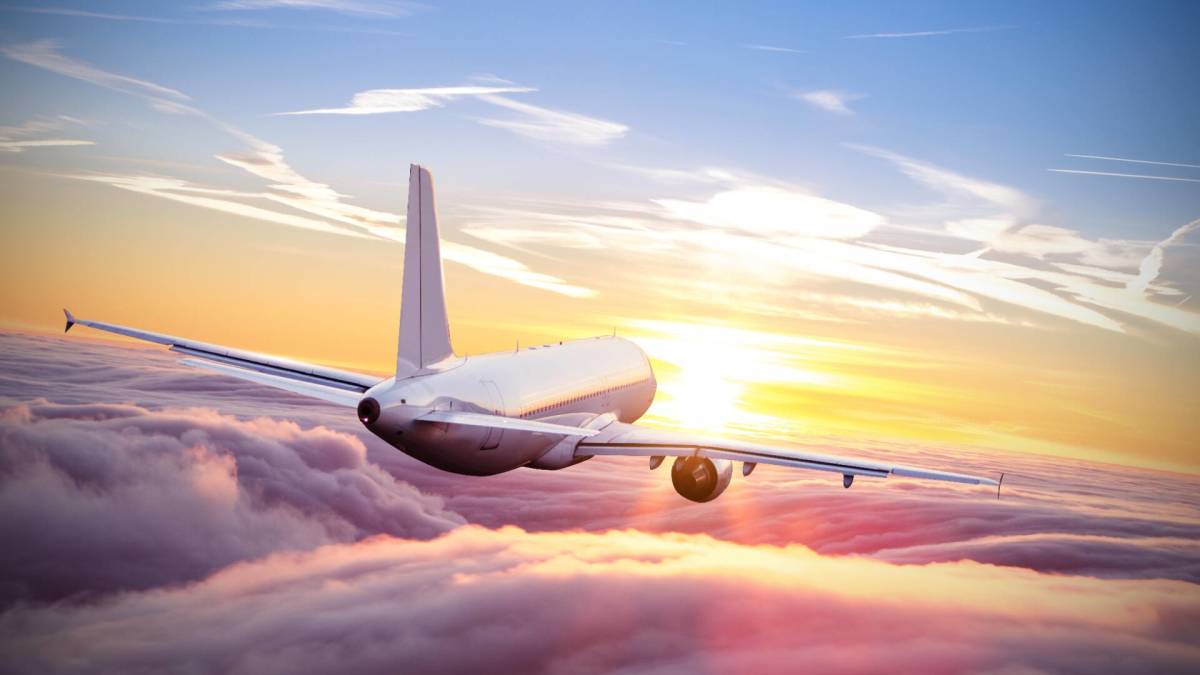
While terms like “customer experience” and “satisfaction” rely heavily on subjectivity and personal interpretation, certain airlines have a reputation for happy customers while others are, on the contrary, associated with bad experiences.
As low-cost airlines rely on a business model that offers rock-bottom fares in exchange for giving up “extras” such as seat selection and often even a cup of water, any ranking needs to distinguish between different travel classes. The social media team of European budget airline Ryanair (RYAOF) once asked a complaining passenger if she preferred to spend “€19.99 or €136,000,000?” for a private jet.
Related: This is what you see from above on a Spirit Airlines flight
In its annual North America Airline Satisfaction Study, industry analytics company J.D. Power looked at customer satisfaction across eight factors ranging from check-in and boarding process to flight crew friendliness and cost-to-service ratio. In 2024, Delta Air Lines (DAL) Air topped the list in both the first/business and premium economy categories while Southwest Airlines (LUV) brought in first in economy-level service.
This North American airline ranked lowest both in both business and premium economy
Delta followed close behind with second place for economy travel while the bottom of the list was taken over by Air Canada (ACDVF) . Canada’s flagship airline scored last among North American airlines offering business and premium economy and took over only Spirit Airlines (SAVE) and Frontier Airlines (FRON) for the worst in economy service.
More Travel:
- A new travel term is taking over the internet (and reaching airlines and hotels)
- The 10 best airline stocks to buy now
- Airlines see a new kind of traveler at the front of the plane
“There are many aspects to the overall air travel experience that airlines cannot control, but one area in which they can profoundly influence is the positive effect that airline staff has on passengers,” Michael Taylor, J.D. Power’s senior managing director of travel, hospitality, retail and customer service, said in a statement on the findings. “The big takeaway from this year’s study is the power of people to positively influence the overall flight experience.”
Related: This is why you won't be able to get a low-cost flight to Tulum anytime soon
Airlines that ‘invest in staff training and recruitment’ are set up for success, analyst says
All this comes at a time when domestic air travel volume is up 9.4% as more people take plane trips post-pandemic; the industry is struggling to find the staff necessary and generally keep up with the high numbers of travelers while many customers feel what they perceive as a decrease in service. But despite the failed merger with Spirit Airlines earlier in the year, JetBlue Airways (JBLU) took second place in the first/business category while Alaska Airlines (ALK) and American Airlines (AAL) placed a respective second and third in the premium economy category.
When it comes to economy, JetBlue landed squarely in the middle while United Airlines (UAL) and other Canadian airline WestJet trailed closer to the bottom for similar reasons around struggling to provide the level of service customers are used to. According to J.D. Power’s analysts, those who are able to work on overcrowding and hire staff faster will have an immediate advantage over competitors when it comes to both real and perceived customer service as travelers feel more “taken care of” during their time with the airline.
“Airlines that are investing in staff training and recruitment are finding ways to overcome the negative effects of crowded gates and planes simply by being nice to their customers,” Taylor said further.
Related: Veteran fund manager picks favorite stocks for 2024







